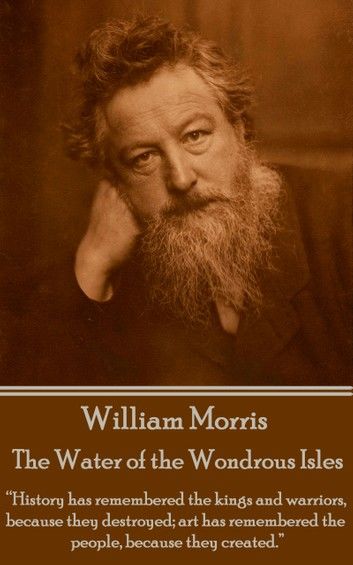| FindBook |
有 1 項符合
William Morris - The Water of the Wondrous Isles: "History has remembered the kings and warriors, because they destroyed; art has remembered the peopl的圖書 |
 |
The Water of the Wondrous Isles 作者:William Morris 出版社:Deadtree Publishing 出版日期:2009-12-15 語言:英文 |
| 圖書館借閱 |
| 國家圖書館 | 全國圖書書目資訊網 | 國立公共資訊圖書館 | 電子書服務平台 | MetaCat 跨館整合查詢 |
| 臺北市立圖書館 | 新北市立圖書館 | 基隆市公共圖書館 | 桃園市立圖書館 | 新竹縣公共圖書館 |
| 苗栗縣立圖書館 | 臺中市立圖書館 | 彰化縣公共圖書館 | 南投縣文化局 | 雲林縣公共圖書館 |
| 嘉義縣圖書館 | 臺南市立圖書館 | 高雄市立圖書館 | 屏東縣公共圖書館 | 宜蘭縣公共圖書館 |
| 花蓮縣文化局 | 臺東縣文化處 |
|
|
圖書介紹 - 資料來源:博客來 評分:
圖書名稱:William Morris - The Water of the Wondrous Isles: "History has remembered the kings and warriors, because they destroyed; art has remembered the peopl
|










